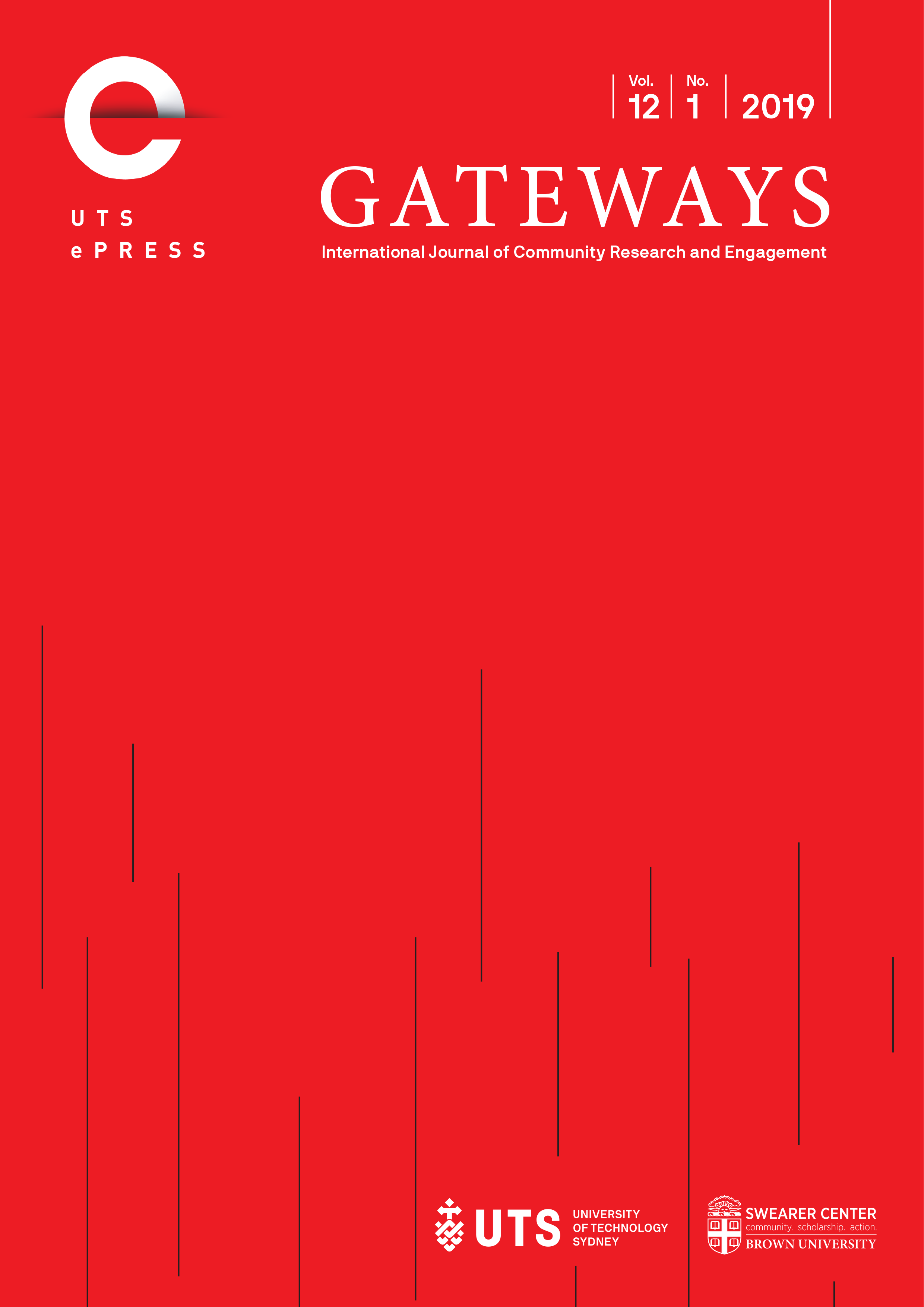From reciprocity to collective empowerment: Re-framing university-school partnership discourses in the South African context
Main Article Content
Abstract
While partnerships are key to sustained engagement between universities and schools, structural and historical differences exist between partners at the level of both organisational boundaries and socioeconomic borders. Differential relations, particularly accentuated in contexts such as South Africa, are frequently masked by normative assumptions that have largely remained unquestioned.
Reciprocity and mutuality are two such foundational concepts, regularly enlisted in the partnership literature. Applied uncritically, these concepts function to obscure power differentials between partnering institutions – and between people who bring to those partnerships different histories and social positions. Using the example of a South African university-school partnership, the article draws on the scholarship of Keith (2005), Stavro (2001) and Young (1990, 1997a, 1997b) to develop a framework that moves beyond reciprocity and mutuality towards collective empowerment and solidarity. This discursive shift reflects the complexities of partnerships and partnering – and opens the space for more authentic forms of engagement, particularly in unequal partnering contexts. The article offers insights, from the perspective of the particular case presented, into how dialogic spaces might be created for interrupting normative discourses and practices, and for re-imagining new possibilities for partnering across contexts of difference.
Keywords
Asymmetrical reciprocity, university-school partnerships, mutuality, collective empowerment
Article Details
Issue
Section
Authors who submit articles to this journal from 31st March 2014 for publication, agree to the following terms:
a) Authors retain copyright and grant the journal right of first publication with the work simultaneously licensed under a Creative Commons Attribution License that allows others to share and adapt the work with an acknowledgement of the work's authorship and initial publication in this journal.
b) Authors are able to enter into separate, additional contractual arrangements for the non-exclusive distribution of the journal's published version of the work (e.g., post it to an institutional repository or publish it in a book), with an acknowledgement of its initial publication in this journal.
c) Authors are permitted and encouraged to post their work online (e.g., in institutional repositories or on their website) prior to and during the submission process, as it can lead to productive exchanges, as well as earlier and greater citation of published work (See The Open Access Citation Advantage Service). Where authors include such a work in an institutional repository or on their website (ie. a copy of a work which has been published in a UTS ePRESS journal, or a pre-print or post-print version of that work), we request that they include a statement that acknowledges the UTS ePRESS publication including the name of the journal, the volume number and a web-link to the journal item.
d) Authors should be aware that the Creative Commons Attribution (CC-BY) License permits readers to share (copy and redistribute the work in any medium or format) and adapt (remix, transform, and build upon the work) for any purpose, even commercially, provided they also give appropriate credit to the work, provide a link to the license, and indicate if changes were made. They may do these things in any reasonable manner, but not in any way that suggests you or your publisher endorses their use.
For Volume 6 (2013) and before, the following copyright applied:
Articles published by UTSePress are protected by copyright which is retained by the authors who assert their moral rights. Authors control translation and reproduction rights to their works published by UTSePress. UTSePress publications are copyright and all rights are reserved worldwide. Downloads of specific portions of them are permitted for personal use only, not for commercial use or resale. Permissions to reprint or use any materials should be directed to UTSePress.
